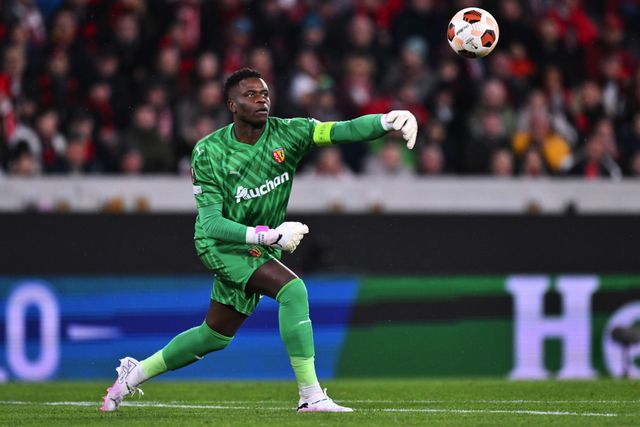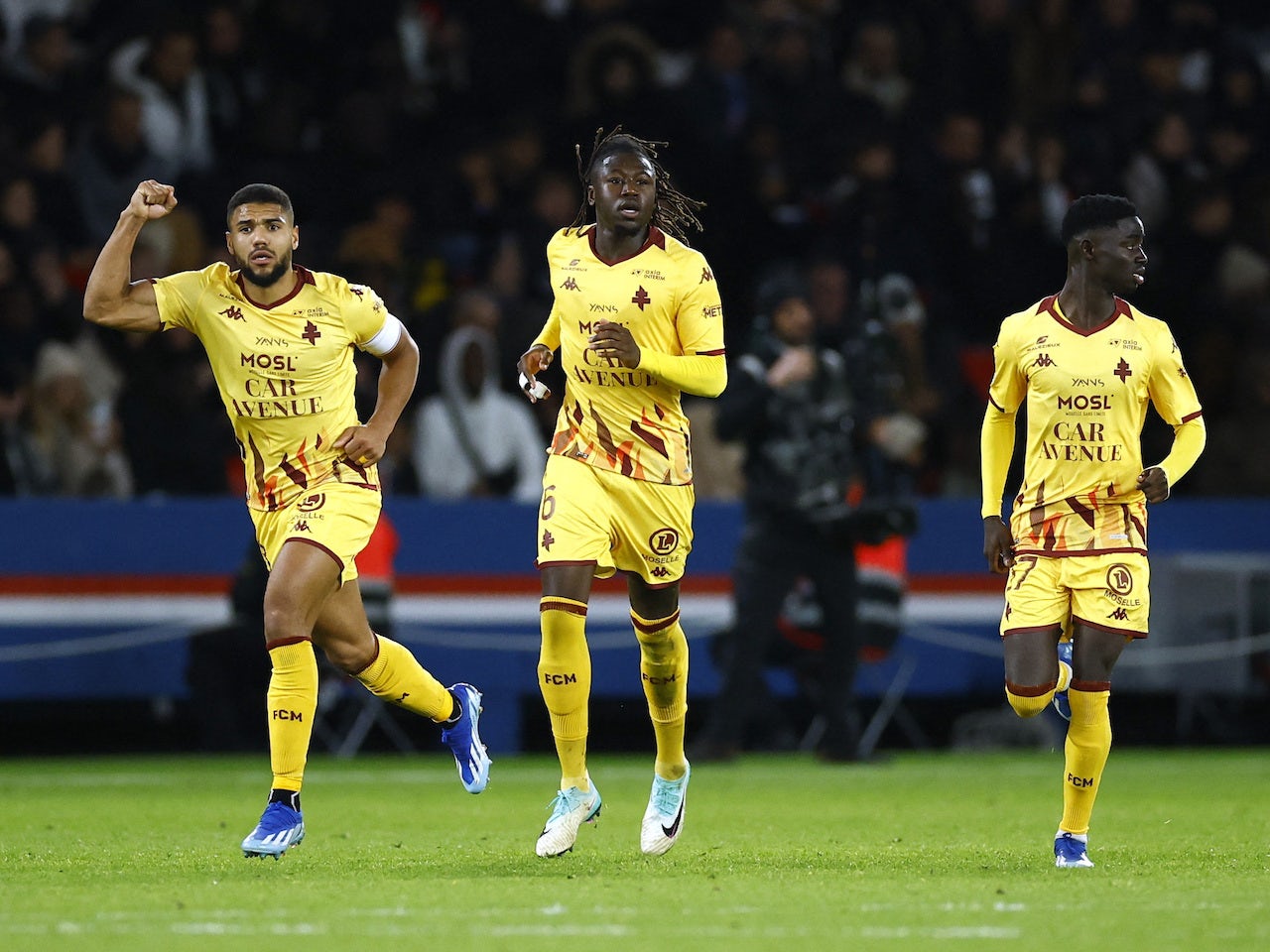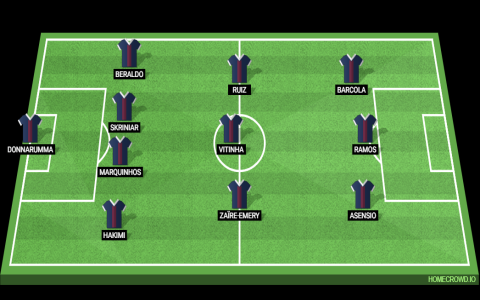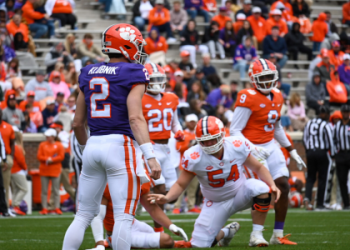Okay, so today I wanted to dive into the Metz vs. Lens match and figure out how to predict the outcome. It’s a bit of a puzzle, but I gave it a shot, and here’s how I went about it.

First off, I started looking at the teams. Lens seems to be the stronger team here. I saw some predictions saying they’re likely to win. That made sense to me after I dug into their recent performances.
- Checked recent games: I looked at how both teams have been playing lately. It’s like checking their report cards to see who’s been getting the better grades.
- Looked for patterns: Are they winning a lot at home or away? Do they score a ton of goals, or are they more about that solid defense? This was kinda like trying to spot trends in how they play.
Then, I got into the nitty-gritty of whether both teams would score. The data I found pointed towards “yes,” with a 55% chance. That’s a bit more than a coin flip, so it seemed worth considering. It suggested that both teams have been pretty good at finding the back of the net.
Next up, I tried to figure out the total goals. The smart money seemed to be on “over 2.5 goals,” with a 59% probability. That got me thinking we’d see at least three goals in the match. I visualized the game in my head, imagining the back-and-forth action.
Finally, for those who like a bit of a gamble, there was this “correct score” prediction. The suggestion was 3-1 in favor of Lens, with a 12% probability. That’s a long shot, but hey, sports can be unpredictable, right? It made me think of those lottery tickets – probably not going to hit, but it’s fun to dream.
After going through all this, I felt like I had a decent grasp of what to expect from the match. It’s not just about picking a winner; it’s about understanding the game, the teams, and the numbers. I concluded that these are key to making any sort of prediction.

In the end, I realized that predicting sports is part science, part art, and a whole lot of luck. But it sure is fun to try and crack the code! I recorded all my findings, step by step, noting down the probabilities and what they might mean for the game. It’s like putting together a puzzle, and while I might not get every piece right, it’s satisfying to see the bigger picture come together.





